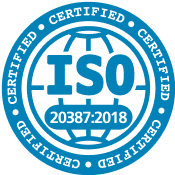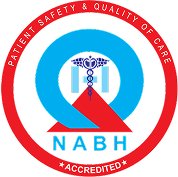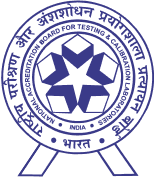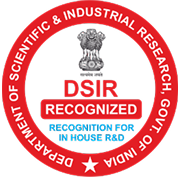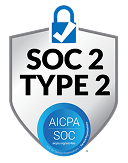Early Detection Saves Lives
Protect Your Health and Wellness With Early Screening
Early cancer screening is the first step towards prioritising long-term health and wellness. Taking this step early helps detect potential concerns in time and ensures a healthier future for you and your loved ones.
4x Higher Survival Rate
Getting screened early can help find cancer indicators sooner, giving you four times higher chance of survival.
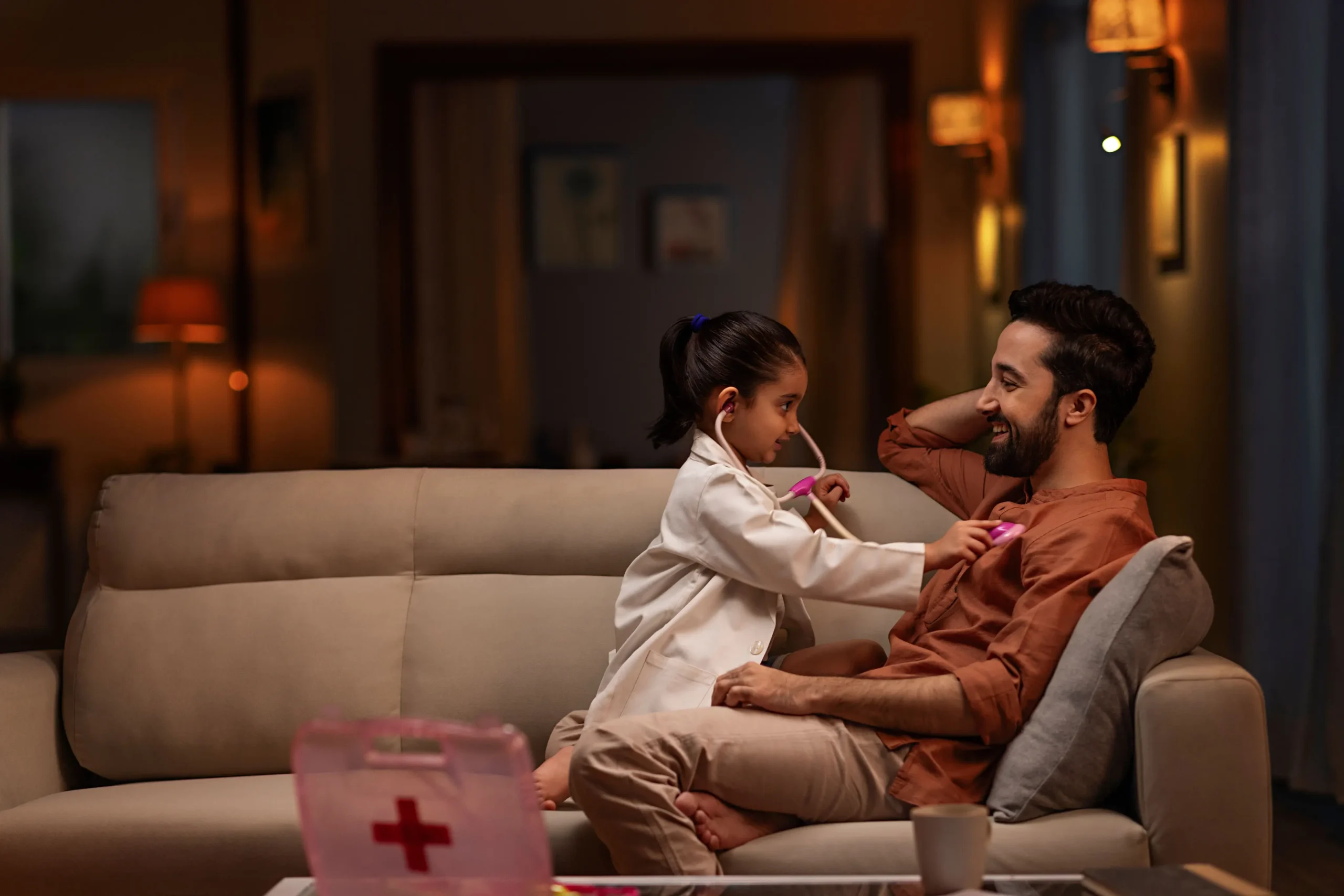
How Risk Assessment is Done?
In India, about 1 in 9 people may develop cancer at some point in their lives due to factors like air pollution and lifestyle choices. To understand your personal risk, you can undergo a simple risk assessment.This test identifies potential cancer risk factors that can be mitigated through early screening.Upon completion, our dedicated care companion, KareMitra, will provide personalised support to guide you through your wellness journey.

Patient Stories




Proceeding after Risk Assessment Report?
After the test, get a detailed confidential personalized report. If the assessment indicates a low or moderate risk level, congratulations on well-being!
However, if it’s found at a higher risk, Seek the expertise of a specialist. Get a dedicated specialist KareMitra as a guiding companion throughout the treatment journey.
Screening at Karkinos
Our experts provide personalised and specialised screenings tailored just for you
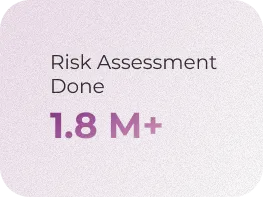
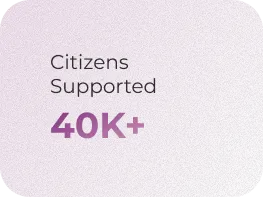
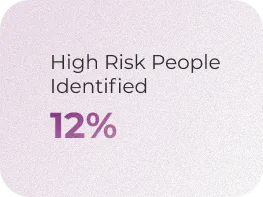
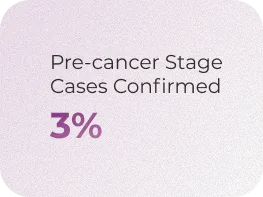
Put Her Health First
Early detection through cancer screening is a woman’s shield against the silent threat, offering a crucial advantage in the fight for a longer, healthier life.
Put Her Health First
Early detection through cancer screening is a woman’s shield against the silent threat, offering a crucial advantage in the fight for a longer, healthier life.
Cancer Awareness Camps
Every year, Karkinos Healthcare conducts over 200 camps nationwide, significantly raising cancer awareness. Each camp screens over 10,000 individuals for five major types of cancer: cervical, breast, lung, colon, and colorectal. Our goal is to offer accessible cancer care even in remote areas, ensuring that everyone has access to the care they need.
Frequently Asked Questions
Breast, cervix, ovary, colorectal and lung are among the most common cancers in women.
Self-screening, such as breast self- exams and skin checks, can aid in early cancer detection, but it is not a substitute for regular medical screenings by a doctor.
Yes, the HPV vaccine can help prevent cervical cancer by protecting against certain strains of the human papillomavirus (HPV), a major risk factor.
An HPV DNA test checks for the presence of high-risk HPV strains in cervical cells, helping to detect HPV infections and assess cervical cancer risk.
A mammogram is an X-ray of the breast used for breast cancer screening and early detection.
Risk factors include family history, genetics, age, lifestyle choices (smoking, diet, exercise), exposure to carcinogens, and hormonal factors like estrogen and HPV infection.
Breast, cervix, ovary, colorectal and lung are among the most common cancers in women.
How important is self-screening?
Your body is made up of many different types of cells. Under normal conditions, cells grow, divide, become old, and die. Then, in most cases, they’re replaced by new cells. But sometimes cells mutate grow out of control, and form a mass, or tumor, instead of dying. Tumors can be benign (noncancerous) or malignant (cancerous). Cancerous tumors can attack and kill your body’s tissues. They can also spread to other parts of the body, causing new tumors to form there. This process is called metastasis and it represents cancer that has advanced to a late stage.
Is there a vaccine to prevent cervical cancer?
C : Change in bowel or bladder habits
A : A wound that does not heal
U : Unusual bleeding or discharge
T : Thickening or lump in the breast or elsewhere
I : Indigestion or difficulty in swallowing
O : Obvious change in a wart or mole
N : Nagging cough or hoarseness of voice
Early Detection of Cancer
• Create awareness about the early warning signs of cancer
• Encourage breast awareness
• Encourage oral self-examination
• Create awareness about symptoms of cervical cancer
• Examine, as a routine, the oral cavity of patients with history of tobacco use
• Offer clinical breast examination/ screening for cervical cancer to any woman over 30 years presenting to health facility.
• Promptly refer any person with a suspicious lesion for accurate diagnosis and treatment
What is an HPV DNA Test?
1. MOHFW, Govt of India: https://main.mohfw.gov.in/sites/default/files/3651434918nccp4_0.pdf
2. India Against Cancer: http://cancerindia.org.in/faqs/
3. Indian Cancer Society: https://www.indiancancersociety.org/cancer-information/
4. Global Cancer Concern India: https://www.globalcancer.org/faq-on-cancer/
5. National Health Mission: https://nhm.gov.in/index1.php?lang=1&level=3&sublinkid=1122&lid=640
What is a mammogram?
—
What are the risk factors for cancer in women?
—


